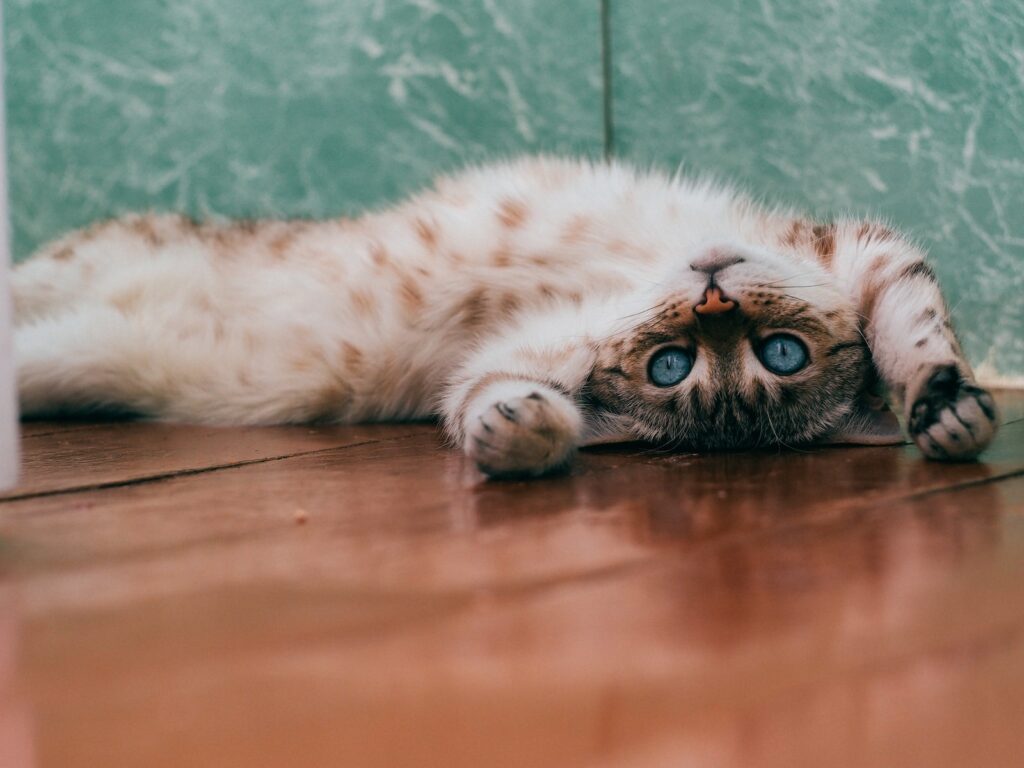Can Cats Eat Cinnamon? — No, They Can’t
Cinnamon is a popular spice known for its enticing aroma and distinctive flavor. However, when it comes to our feline friends, cinnamon is best left out of their diet. Cats should not consume cinnamon as it can be harmful to their health.
Is It Safe for Kittens to Consume Cinnamon?
Just like adult cats, kittens should avoid consuming cinnamon as well. Their developing bodies are more delicate and susceptible to potential hazards. It is crucial to keep kittens away from cinnamon to ensure their safety and well-being.
Risks Associated with Feeding Cinnamon to Kittens
If kittens consume cinnamon, it can lead to various health issues. The primary risks include gastrointestinal problems, allergic reactions, and potential toxicity. Kittens have sensitive digestive systems, and cinnamon can cause irritation and inflammation in their gastrointestinal tract. Allergic reactions may manifest as skin rashes, itching, or even difficulty breathing. Moreover, certain components in cinnamon, such as coumarin, can be toxic to cats if ingested in sufficient quantities.
Why Cinnamon is Not Recommended for Cats
Cinnamon is an Irritant
Cats lack specific enzymes required to metabolize certain compounds present in cinnamon. This inability can result in irritation and inflammation, particularly in their mouths and gastrointestinal systems. Additionally, cats may experience discomfort or even burns if they accidentally inhale cinnamon powder.
Potential Allergic Reactions
Cats, just like humans, can develop allergic reactions to various substances. Cinnamon is no exception, and some cats may be allergic to it. Allergic reactions can range from mild symptoms like skin redness and itching to severe responses like difficulty breathing or anaphylaxis. It is essential to avoid exposing cats to potential allergens like cinnamon.
Toxicity Concerns
Certain compounds present in cinnamon, such as coumarin, can be toxic to cats. Coumarin can cause liver damage and other adverse effects if consumed in large amounts. While a small sprinkle of cinnamon on occasion may not be immediately harmful, long-term exposure or ingestion of sizable quantities can be dangerous for cats.
Known Health Issues in Cats from Consuming Cinnamon
Cats that consume cinnamon may experience several health problems, including gastrointestinal upset, vomiting, diarrhea, and potential allergic reactions. If a cat accidentally ingests a substantial amount of cinnamon, it could even lead to toxic effects on their liver, affecting their overall well-being and potentially requiring veterinary intervention.
What to Do If a Cat Has Consumed Cinnamon?
- Seek Veterinary Advice: Contact your veterinarian immediately if you suspect your cat has consumed cinnamon. They will provide guidance based on your cat’s specific situation.
- Monitor for Symptoms: Keep a close eye on your cat for any signs of discomfort, unusual behavior, or adverse reactions. Note down any symptoms to share with your veterinarian.
- Provide Plenty of Water: Ensure your cat has access to fresh water to stay hydrated, especially if they experience any gastrointestinal upset.
Safe Alternatives to Cinnamon for Cats
While cinnamon is off-limits for cats, there are several safe alternatives to spice up their meals or provide them with tasty treats. Consider options like cat-friendly herbs such as catnip, parsley, or basil. These herbs can add flavor without the potential risks associated with cinnamon.
Conclusion
Cats should not consume cinnamon due to various risks and potential health issues it can cause. From gastrointestinal problems to allergic reactions and toxicity concerns, it is best to keep cinnamon away from your feline companion. If you suspect your cat has ingested cinnamon or experiences any unusual symptoms, consult your veterinarian for proper guidance and care. Ensure you provide your cat with safe alternatives that can enhance their meals and treat time without compromising their well-being.






